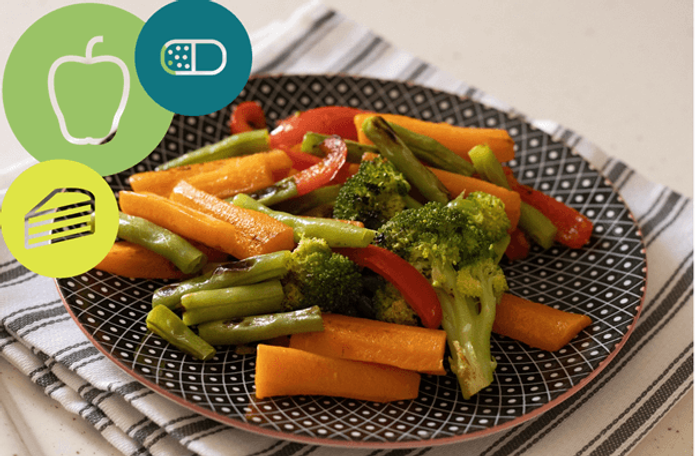
Did you know that the CAP Code prohibits the use of health claims for foods unless they are authorised on the GB NHC Register? And that ads shouldn’t make health claims for foods that refer to the recommendation of an individual health professional?
Digest our helpful tips to make sure food endorsements by health professionals and influencers are compote with the CAP Code.
What do the advertising rules say?
The CAP Code prohibits the use of health claims for foods unless they are authorised on the GB NHC Register. To keep a transparent relation-chip with your viewers, also keep in mind the following tips when baking any food related endorsements:
- If you’re a health professional (or present yourself as one), don’t make any health clams, (rule 15.6.3).
- Only health claims listed as authorised in the register, or which have the same meaning to the consumer, may be used in marketing communications. (CAP Code 15.1.1)
- Claims that state or imply a food prevents, treats or cures human disease are not acceptable. Reduction-of disease-risk claims are acceptable if authorised on the applicable register. (CAP Code 15.6.2)
What about influencers?
Some food-fluencers are qualified health professionals or describe themselves using health-related titles (e.g., “nutrition coach”, “gut health expert”). When such individuals promote food products their ads must not include health claims or endorse the product in a way that breaches the rules.
But not all influencers are health professionals! In 2024 the ASA upheld a complaint about an Instagram post from Katie Price making claims for The Skinny Food Co’s products for weight loss which were not authorised on the GB NHC Register. The ASA Council considered that the ad was misleading because it gave the impression that consuming the featured products in the post would result in losing weight (Not Guilty Food Co Ltd t/a The Skinny Food Co, 03 April 2024).
Practical tips for advertisers and influencers
- Donut state or imply health claims for food unless they are specifically authorised. For example, The ASA Council considered the claims for Trip Drink Ltd “crafted for calm”; “simply help you feel calm”; and “Each ingredient works with your natural bodies’ [sic] systems in different ways, to promote feelings of calm” implied the ingredients had specific beneficial health effects and so were health claims. However, the ASA Council did not see evidence that the claims were authorised on the applicable register. (Trip Drinks Ltd, 16 July 2025).
- Don’t be so mallow-dramatic: marketers can exercise some flexibility with the wording of “on hold” claims. However, these health claims for food must not exaggerate. For example; The ASA Council considered the following claims “enhances cognition, mental endurance and mood” to be an exaggeration of an “on hold” health claim (ARSJ Holding Ltd, 11 May 2022).
On a final note; marketers should be mindful of their casting and should not take unfair advantage of consumers’ trust in health professionals
If you’re ever corn-fused about whether or not your ad complies with the Code, the CAP Copy Advice team is available to help.
More on
-
Keep up to date
Sign up to our rulings, newsletters and emargoed access for Press. Subscribe now.


